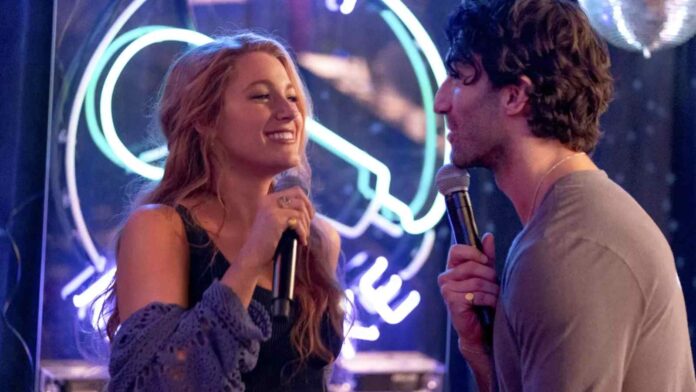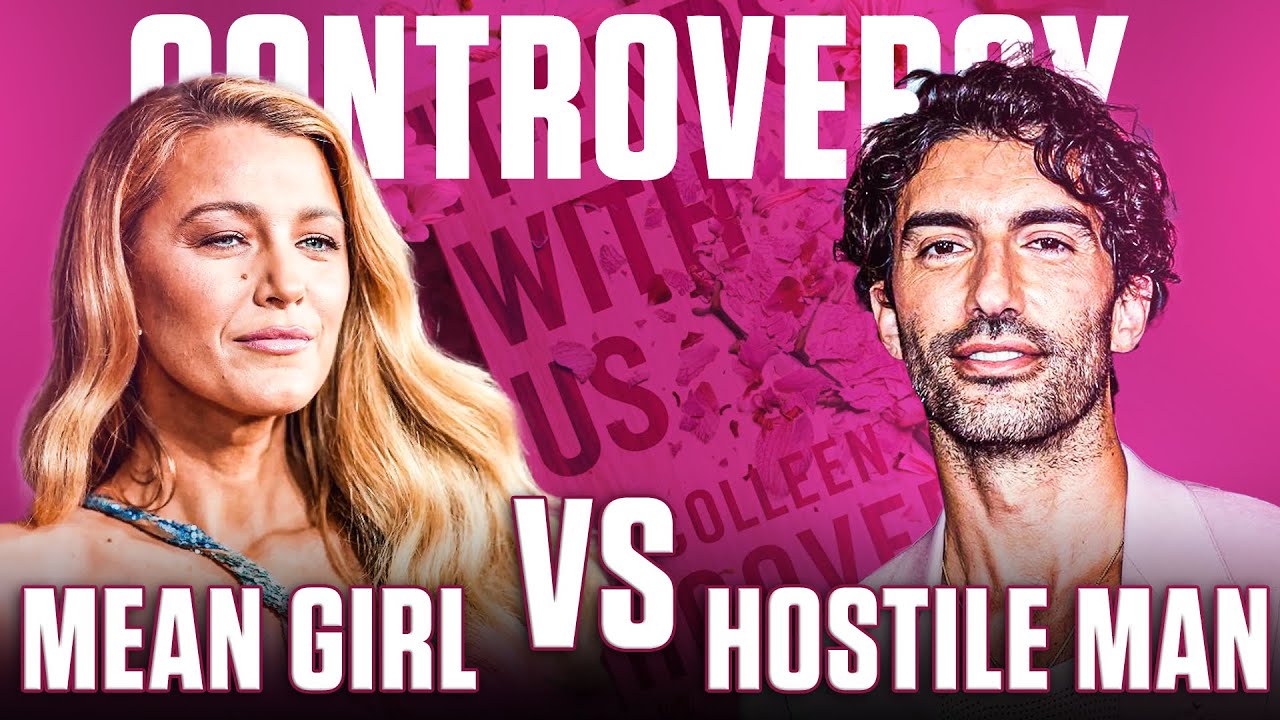Colleen Hoover’s ‘It Ends With Us’ has been a subject of conversations and criticism ever since its release. The book – which was an immediate success – thanks to BookTok told the story of the protagonist Lily Bloom and how she breaks a cycle of domestic violence.
Owing to its mega success, the book was then announced to be adapted into a motion picture by Justin Baldoni, and fans were overjoyed to see the much-loved piece of literature on screen- starring Blake Lively, Justin Baldoni himself, and Brandon Sklenar. Released earlier this month, the movie underwent intense criticism from the public and fans who bashed the author and the cast for how the film turned out. Here’s a look into why the movie failed as a movie adaptation and how everything about the film contributed to the intense hate the book was already getting.
The Film’s Cast Was Disappointing
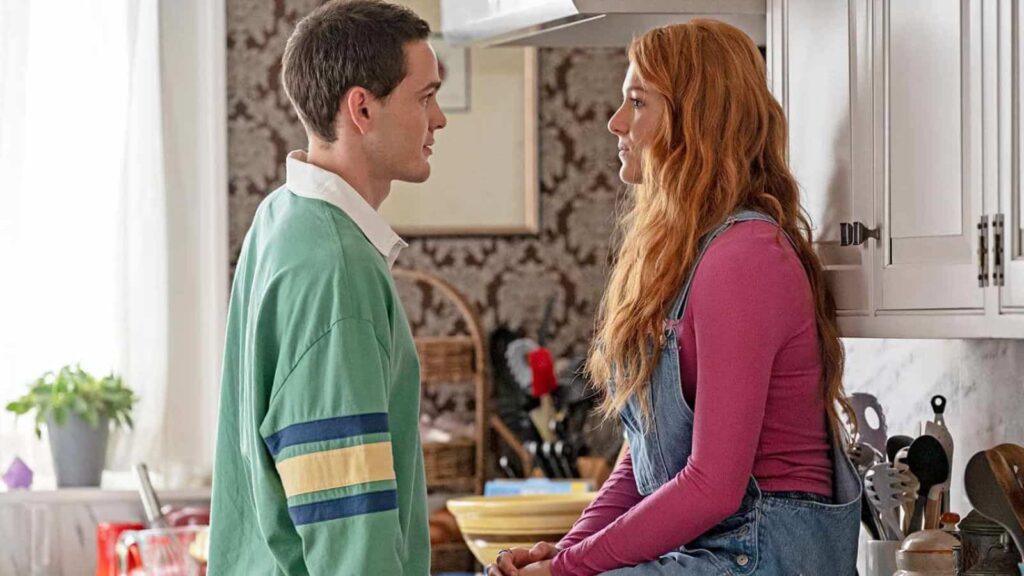
Most of the fans’ complaints about the movie revolved around an extremely misplaced cast- with Blake Lively at the center of it. Although a decent actress, fans couldn’t help but point out how Lively was way too old for her role as the book mentioned Lily to be in her late twenties. Many also pointed out that Isabela Ferrer, who played the role of young Lily would have been a much better fit as adult Lily.
The casting for Atlas Corrigan too was met with intense dislike from fans who again, pointed out how the actors looked way older than what they should look like.
Related: What Happens To Lily, Ryle And Atlas In ‘It Ends With Us’ Sequel ‘It Starts With Us’?
Additionally, many were of the opinion that the film would have been more impactful if the casting directors had chosen a low-profile actress. As a result, the movie ended up becoming a Blake Lively movie rather than an important movie about domestic violence survivors.
‘It Ends With Us’ Book Vs Movie Differences
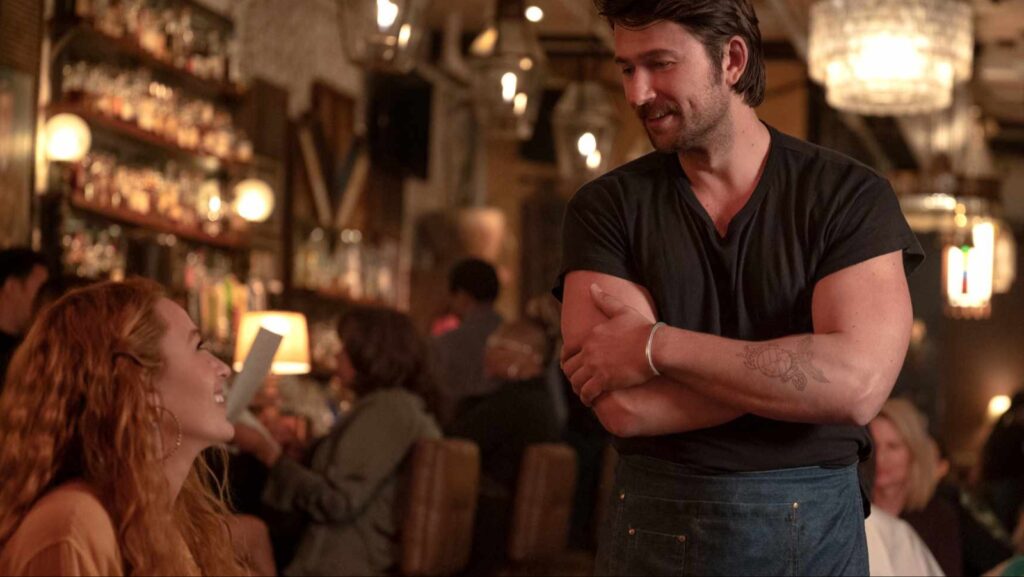
Although a common problem among most books that are later adapted into books, ‘It Ends With Us’ seems to have missed the nail on a number of things. For instance, most of the powerful scenes between Atlas and Lily that happened in flashbacks were either watered down or altered in the movie. The plot and the seriousness of the book were overall diluted in the film, losing its impact even more.
Secondly, as many fans pointed out, the ending of the film felt bleak and bland in contrast to the book’s powerful ending where Lily is walking out from the abuse and ending the cycle. Blake Lively’s delivery of the ending scene has also been harshly criticized by fans of the book.
Related: Blake Lively And Justin Baldoni’s Nasty ‘It Ends With Us’ Feud Explained
The film also misses out on a few important scenes from the book, such as the iconic ‘Keep Swimming, Lily’ line.
The Marketing Couldn’t Have Been More Wrong
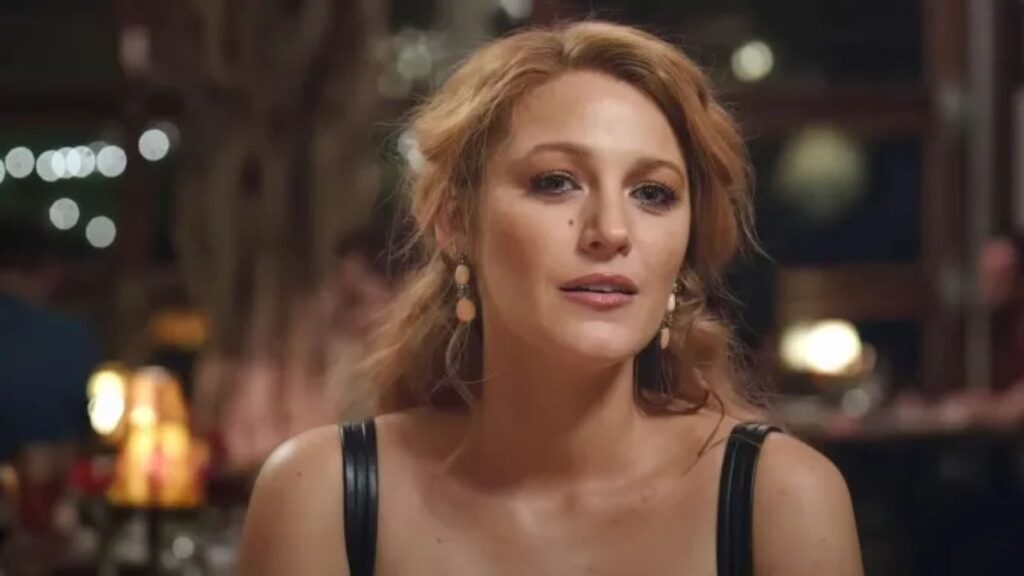
One of the primal factors why the film didn’t work out was because of how it was marketed. Blake Lively was at the other end of intense hate over how she promoted the movie- as if it’s a romantic comedy. In one of the various interviews, the actress says, “Grab your friends, wear your florals and head out to see it,” while encouraging fans to watch the movie.
She has also dodged numerous questions regarding the theme of the movie and has used most of her interviews to promote her haircare brand instead of spreading an important message.
The film also didn’t have a trigger warning as many pointed out.
The Film Failed To Deliver The Message It Promised
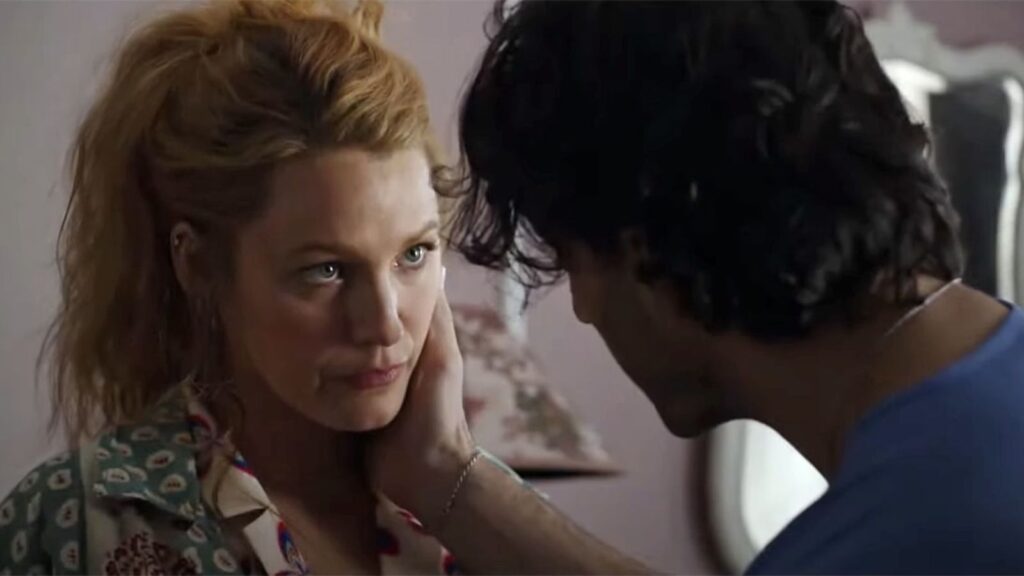
One of the key complaints fans had with the book was that it glorified and romanticized domestic abuse instead of spreading awareness about it. This complaint was further exacerbated by the film’s style as fans pointed out how the movie failed to deliver the message and most of it just felt like it was another romantic comedy cum tragedy.
The film lacked depth and emotion, most of the crucial scenes were executed in a much-blanded way, taking away its integrity and seriousness. The result of all of this is an intense hate train that’s following Lively around and more and more people questioning if big-budget movies being made on books about serious themes is ever a good idea.
The film failed to change people’s perceptions and initial hate about the adaptation while also losing the impact of a deep message it could’ve sent on screen. The film is slated to release on Netflix shortly.

